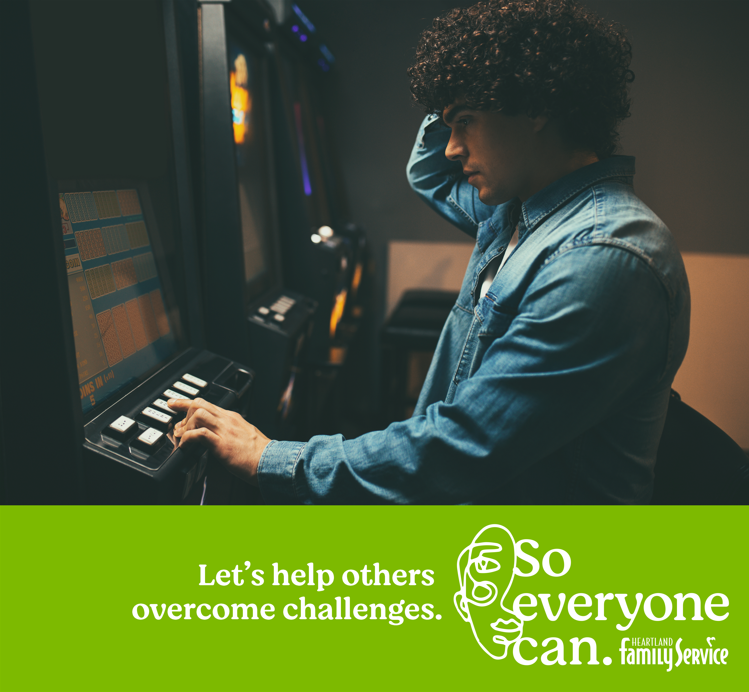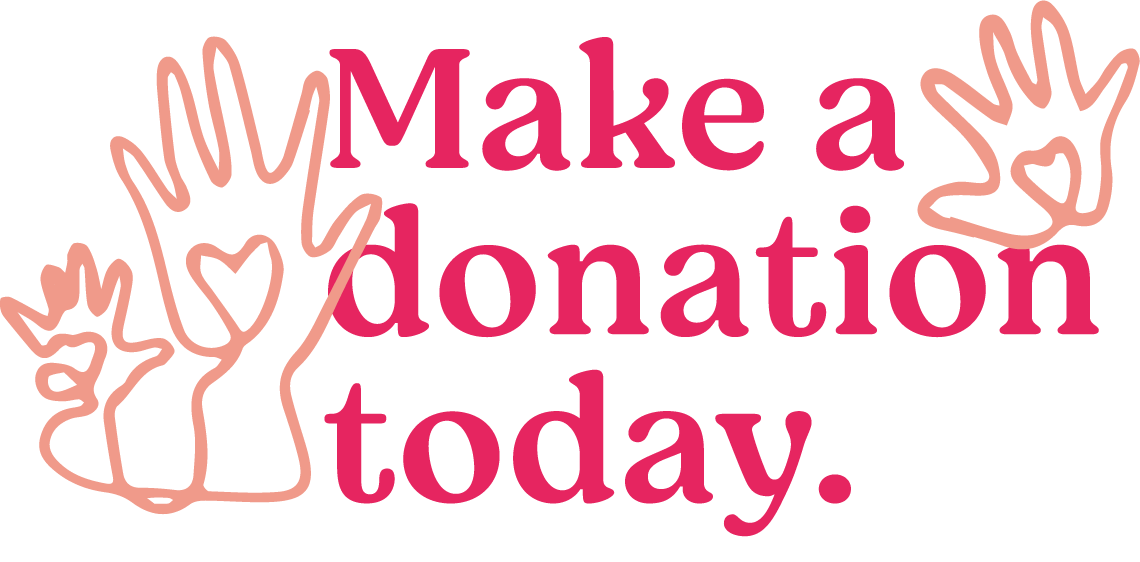OMAHA, NE – March is recognized as Problem Gambling Awareness Month, a time to raise knowledge of the programs, prevention and treatment options available for those suffering with problem gambling and/or their concerned loved ones. Problem gambling is a public health issue affecting all aspects of physical, social, and mental health. It can affect families, work performance and general well-being
“Gambling addiction is much easier to hide than other addictions, but has many of the same effects,” said Tiffani Pinkerton, Prevention Specialist at Heartland Family Service. “We know that treatment works and there is always hope.”
Reports show that if untreated, problem gambling can create co-occurring disorders including depression, substance use, and post-traumatic stress disorder. Heartland Family Service encourages people to have the conversation about gambling with those they care for who may be suffering from a problem gambling disorder.
It is important to understand the warning signs of a gambling problem:
- Bets more money or more often to get the same excitement
- Restless or irritable when trying to cut down or stop playing
- Attempts to stop or cut back on gambling
- Preoccupied (daydreaming) about when and how they can gamble next.
- Decides to gamble when sad, lonely, anxious, angry, etc.
- Returns another day to get even (chasing one’s losses)
- Lies about their gambling
- Impacts a person’s relationships, job, hobbies, finances, etc.
- Asks others for help/steals to cover gambling debts
The Heartland Family Service Problem Gambling Treatment program seeks to improve the quality of life for problem gamblers and to help them grow and live in recovery. Education of clients includes learning about the process of addiction, relapse prevention, and medical/psychological aspects of addiction. The outpatient structure enables the problem gambler to continue to meet job, school, and family obligations while managing his or her financial situation. Services include individual and group therapy and financial counseling. Counseling, education, and support services are also available to family members or concerned others. The Problem Gambling Treatment program also provides prevention information and education to the community.
New for 2022, Heartland Family Service is participating in the “Your Best Bet Yet” campaign created by the Iowa Behavioral Health Association, comprising of monthly social media posts throughout the year with information about the different types of problem gambling, along with the resources needed to seek treatment.












